Posted on 12/19/2025
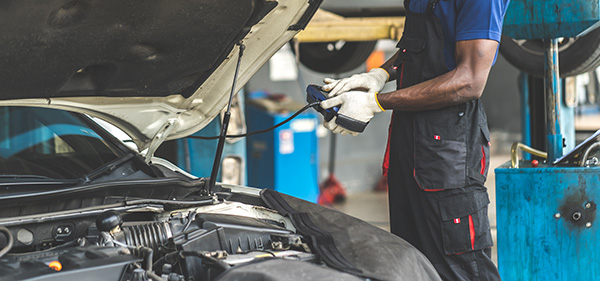
When an engine idles rough, hunts up and down, or stalls at stoplights, it is easy to assume something big is failing. In many cases, the problem starts with a small, dirty part that most drivers never see: the throttle body. As deposits build up around the throttle plate, airflow at idle changes enough to make the engine feel shaky, even if everything else is healthy. Why the Throttle Body Is So Important at Idle The throttle body controls how much air enters the engine. At higher speeds, the opening is large, and small changes do not matter much. At idle, though, the plate is almost closed, and even a thin ring of carbon around the edge can disturb airflow. Modern engines rely on precise air control during idle and light throttle. The computer expects a certain amount of air at a given throttle angle. When buildup restricts that flow, the computer has to compensate, and it does not always get there smoothly. That is when drivers start to feel surging, shaking, or ... read more
Posted on 11/28/2025

When your car will not crank, it is easy to blame the battery. Sometimes that is right, but a fading starter motor can produce similar headaches. The trick is to notice how the car behaves in those first seconds when you turn the key or press Start. Those small clues point you in the right direction and save time during diagnosis. How the Starting System Works Three main parts get the engine turning: the battery, the starter motor with its solenoid, and the cables that carry current between them. The battery provides the burst of energy, the solenoid engages the starter gear with the flywheel, and the motor spins the engine fast enough to catch. If any link in that chain drops voltage or cannot handle load, cranking slows or never happens. Classic Signs of a Weak or Failing Battery Batteries fade with age, heat, and deep discharges. Common signs include slow, labored cranking that improves after a jump. Interior lights may dim sharply when you try ... read more
Posted on 10/31/2025
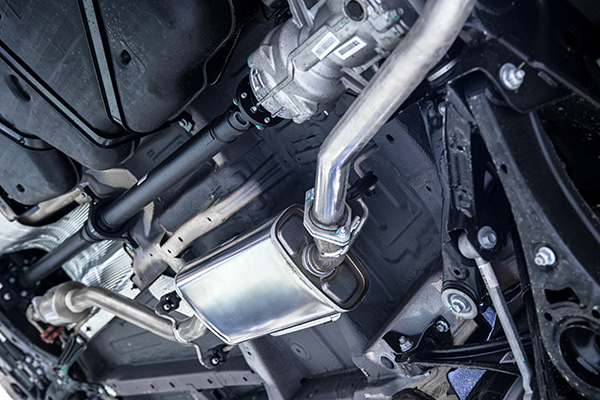
Your car’s exhaust system is important for performance, emissions control, and even fuel efficiency. It’s easy to forget about it until you hear a loud noise, smell fumes, or fail an emissions test. But routine inspections can help identify problems early and prevent costly repairs later. If you're unsure what happens during an exhaust system inspection, here’s what technicians usually look for and why it matters for your vehicle’s safety and longevity. Why the Exhaust System Is So Important The exhaust system is responsible for directing harmful gases safely away from the engine and passenger cabin. It reduces emissions, keeps noise under control, and helps your engine breathe better. A properly functioning exhaust system contributes to smoother engine performance and better fuel economy. Even small leaks or cracks in this system can lead to serious issues, such as decreased power, unusual odors, or the entry of harmful gases into the c ... read more
Posted on 9/26/2025
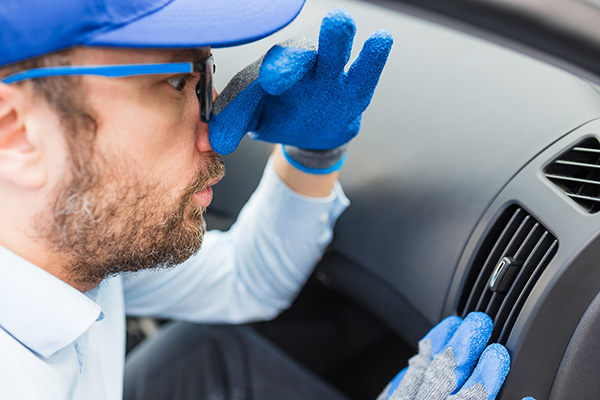
If your car’s air conditioning fills the cabin with a musty or sour odor, there’s a good chance something is happening behind the dashboard that you can’t see. Many drivers first notice this smell after turning on the A/C following a period of hot or humid weather. Even though it may fade after a few minutes, it’s not something you should ignore. A persistent odor can point to underlying issues with moisture, mold, or air circulation inside the HVAC system. Understanding the common causes behind these smells can help you prevent future problems and keep your car’s cabin air fresh and clean. Why the A/C Smells in the First Place When your vehicle’s air conditioning is running, it cools the air by drawing heat out of it using a component called the evaporator coil. This process naturally creates condensation. In a properly functioning system, that moisture drains away through a small outlet underneath the car. But in real-world driv ... read more
Posted on 8/29/2025
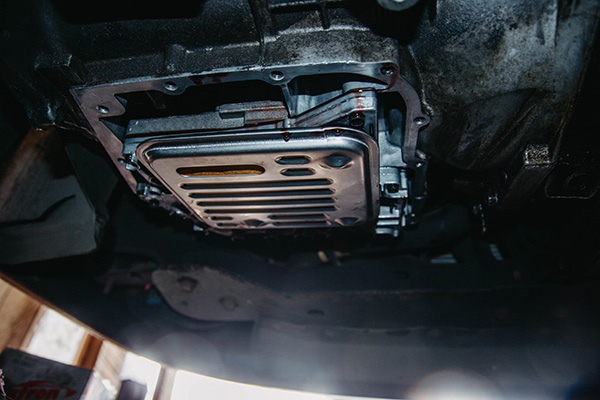
Transmission fluid is one of the most important fluids in your vehicle, yet it is often overlooked when it comes to regular maintenance. This fluid lubricates moving parts, cools the transmission, and allows for smooth gear changes. Whether you drive an automatic, manual, or CVT-equipped vehicle, maintaining your transmission fluid in good condition is crucial for optimal performance and longevity. Ignoring transmission fluid replacement can lead to costly repairs—or even complete transmission failure. Understanding why this fluid matters and what happens if it is not replaced can save you thousands in repair bills. The Role of Transmission Fluid In an automatic transmission, the fluid not only lubricates but also acts as a hydraulic fluid, transferring power between components. In manual transmissions, it reduces friction and wear on gears and bearings. CVT (continuously variable transmission) fluid is specially formulated to work with the unique belt-and-pul ... read more
Posted on 7/25/2025
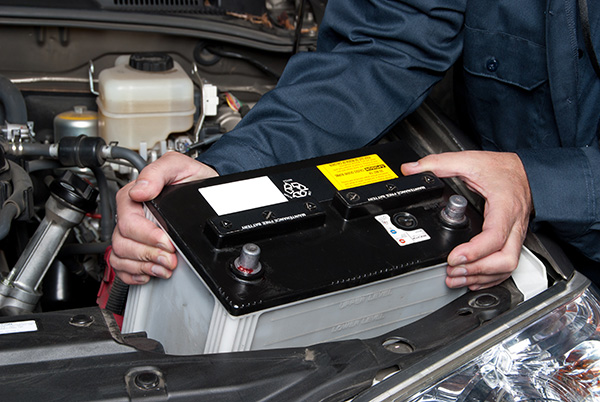
Your car battery is one of those essential components you don’t often think about until something goes wrong. It’s responsible for starting your engine and powering accessories like lights, the radio, and climate control systems when the engine is off. But how long should a car battery really last? Understanding what affects battery lifespan can help you avoid unexpected breakdowns and keep your car running reliably. The Typical Lifespan of a Car Battery On average, a car battery lasts about 3 to 5 years. However, this is just a general guideline, and many factors can influence how long a battery will actually perform well in your specific vehicle. Some batteries might last longer with ideal care and conditions, while others might need replacement sooner due to demanding use or environmental factors. Climate Plays A Major Role One of the biggest factors affecting battery life is climate. In hot places like Florida, high temperatures ca ... read more
Posted on 6/27/2025
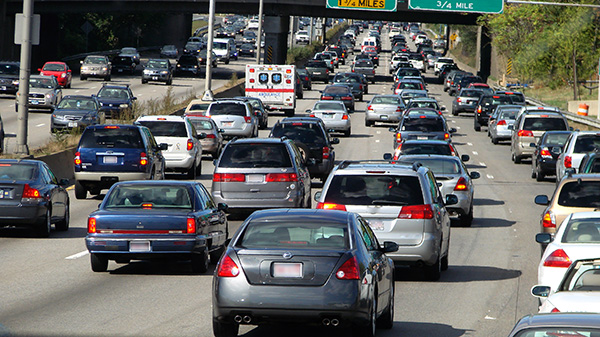
Few driving situations are more stressful than being stuck in traffic and noticing your temperature gauge creeping into the red. When a car overheats, especially during stop-and-go conditions, it’s important to act quickly to prevent serious damage to your engine. Whether you’re caught in a summer traffic jam or idling at a long light, overheating can strike without warning. Knowing what to do at the moment and how to prevent it from happening again will save you time, money, and frustration. What Causes a Car to Overheat in Traffic When your car is moving slowly or not at all, airflow to the radiator is reduced. If your cooling system is already under strain, this lack of ventilation can cause temperatures to rise rapidly. Several issues may contribute to overheating, especially in traffic: A failing radiator fan won’t ... read more
Posted on 5/30/2025
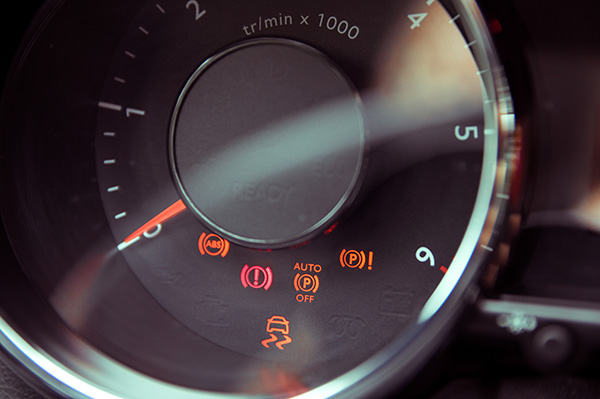
If you’ve ever started your car and noticed both the ABS and traction control lights come on at the same time, it’s easy to get concerned. These systems are tied to your vehicle’s safety, especially when braking or driving on slick roads. While it’s not always an emergency, it’s something you shouldn’t ignore. Understanding why these warning lights show up together can help you decide what to do next. In many cases, the fix is straightforward, but acting quickly can prevent a small issue from turning into something more serious. How ABS and Traction Control Are Connected ABS, or Anti-lock Braking System, is designed to keep your wheels from locking up during hard braking. It works by rapidly pulsing the brakes to help you maintain steering control while slowing down. Traction control uses some of the same sensors and systems. It detects when one or more wheels are slipping, like on a wet road or gravel, and reduces engine power o ... read more
Posted on 4/25/2025

If you use your pickup truck for towing—whether it’s a trailer, camper, boat, or heavy equipment—you know how important performance and stability are when you’ve got extra weight behind you. Towing puts additional stress on every part of your truck, from the engine and brakes to the suspension and cooling system. So, if your truck is struggling under load, or you just want more control and confidence on the road, there are proven ways to boost its towing capabilities. You don’t necessarily need a bigger truck to tow better—you just need the right setup and some smart upgrades. Here's how to get the most out of your pickup when it's working hard. Know Your Truck’s Limits Before making any modifications or hitching up a load, you should know exactly what your truck can handle. Every truck has specific towing and payload ratings set by the manufacturer. These include: Gross Vehicle Weight Rating (GVWR) – The maxi ... read more
Posted on 3/28/2025

Your windshield wipers are supposed to keep your view clear in rain, dust, and debris, but when they start leaving streaks, they can make driving more dangerous. Poor wiper performance can reduce visibility, especially in heavy rain, increasing the risk of accidents. If your wipers are skipping, streaking, or struggling to clear water properly, it’s time to figure out the cause and fix the problem before it gets worse. Worn-Out or Damaged Wiper Blades Windshield wipers don’t last forever. Over time, the rubber blades degrade due to sun exposure, extreme weather, and repeated use. This leads to: Cracks, splits, or frayed edges that can’t make full contact with the windshield. Rubber hardening, reducing flexibility and causing uneven wiping. Loose or damaged wiper arms, preventing even pressure across the glass. If you notice streaking even after cleaning your windshield, it may be time to replace the wiper blades. Dirt and Debris Buildup ... read more